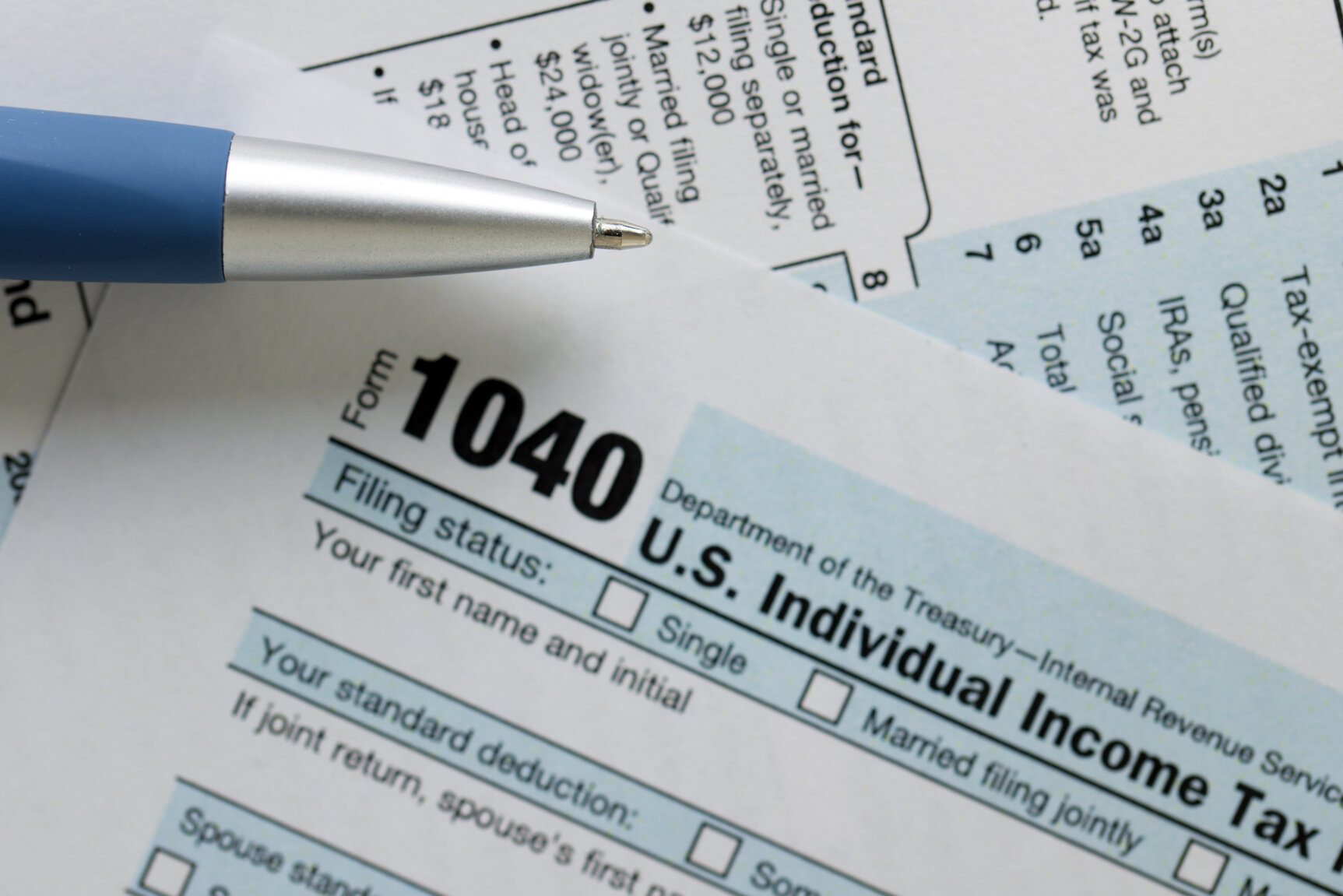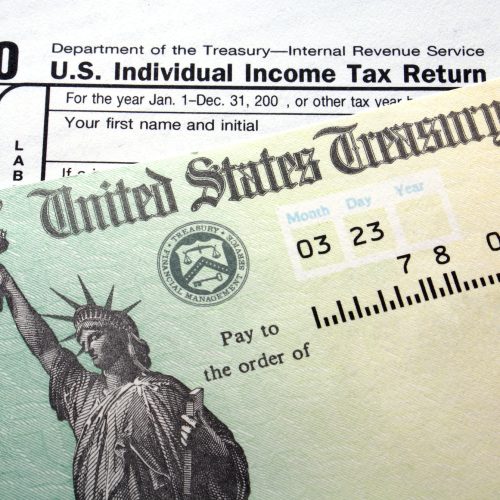This year’s tax season began in the US on Monday, January 24 — the date when the IRS formally began the process of accepting and processing returns for the tax year 2021. Once again, there are a slew of credits and other important facts to be aware of thanks to all the stimulus checks that went out last year. Two of the most important are the child tax credit and the Recovery Rebate Credit.
They’re both sort of related to each other, and both will impact this year’s tax returns for millions of Americans. If you got any of the child tax credit checks last year, for example? You’ll claim the child tax credit on your return this year to get the second half of that benefit. But if you’re missing a stimulus check — or if you got less of an amount than you should have — the Recovery Rebate Credit is what you’ll use to correct that.
How to claim Recovery Rebate Credit
Here’s what you need to know about that second credit.
The first two stimulus checks everyone got during the pandemic came in 2020, during the final year of the Trump administration. As the IRS reminds everyone, “The third round of Economic Impact Payments was issued starting in March 2021 and continued through December 2021.”
Again, we’re talking about the third stimulus check here, generally for $1,400. Not last year’s six child tax credit checks.
Here are some fast facts to know about the Recovery Rebate Credit. From the IRS:
Any third stimulus check you received will reduce the amount of the credit you’re eligible for. You will need the total amount of your third stimulus check, as well as any plus-up payments, to claim the 2021 Recovery Rebate Credit and avoid a processing delay that can slow a tax refund.
Per the tax agency, “File your 2021 tax return electronically in 2022, and the tax software will help you figure your 2021 Recovery Rebate Credit. Your Recovery Rebate Credit will reduce any tax you owe for 2021 or be included in your tax refund, and can be direct-deposited into your financial account. You can use a bank account, prepaid debit card, or alternative financial products for your direct deposit. You will need to provide routing and account numbers.”
Tax season 2022

We noted above, meanwhile, that this year’s tax season kicked off on Monday. That’s the start date, as it were. The end date, the one that’s exponentially more important to be aware of?
This year, 2021 tax returns — as well as requests for an extension to file and pay any tax owed — are due to the IRS by Monday, April 18, for most taxpayers. Normally, April 15 would be the date. But there’s a federal holiday on that day this year (a Friday), which pushed the date forward a few days, to Monday, April 18.
Also according to the tax agency, “taxpayers in Maine or Massachusetts have until April 19, 2022, to file their returns due to the Patriots’ Day holiday in those states. Taxpayers requesting an extension will have until Monday, October 17, 2022, to file.”









